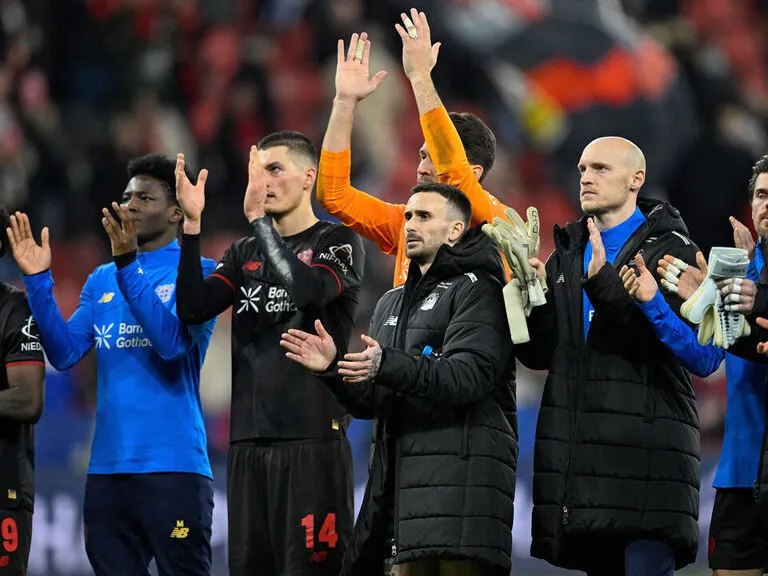
Introduction
Jair Bolsonaro, the former President of Brazil, has been a polarizing figure on the political landscape since his election in 2018. His administration has been marked by controversial policies and significant political developments that have both supporters and critics distinctly divided. Understanding Bolsonaro’s leadership is crucial, as it helps in comprehending the ongoing dynamics in Brazil’s socio-political scenario and its implications for both domestic and international relations.
Bolsonaro’s Rise to Power
Bolsonaro, a retired Army captain, came to power by capitalizing on widespread dissatisfaction with the political establishment and a surge in public concern about crime and corruption. His rhetoric often appealed to nationalist sentiments, economic deregulation, and traditional familial values. He has positioned himself as an outsider capable of breaking from the status quo, which resonated with many voters amidst Brazil’s economic struggles and political scandals that plagued prior administrations.
Key Policies and Controversies
During his presidency, Bolsonaro implemented various policies that sparked controversy. These include dismantling environmental protections in the Amazon rainforest, which drew international condemnation due to rising deforestation rates and climate change concerns. Further, his handling of the COVID-19 pandemic has faced criticism for downplaying the virus’s severity, opposing lockdown measures, and the promotion of unproven treatments, resulting in severe health crises in the country.
His administration also pursued significant economic reforms aimed at liberalizing the Brazilian economy, encouraging foreign investment, and reducing state involvement in key industries. However, critics argue that such measures disproportionately favor large corporations while neglecting social welfare programs that aid the poorer segments of society. This has fueled ongoing debates about inequality and economic justice.
The Political Landscape Post-Presidency
As of October 2023, Bolsonaro’s political influence continues to shape Brazilian politics. He remains a prominent figure among far-right supporters, and there are speculations about a potential comeback in future elections. Recent polls indicate that his political base still holds considerable sway, revealing a nation deeply divided along ideological lines.
Conclusion
The legacy of Jair Bolsonaro is complex and multifaceted. While he has undoubtedly reshaped Brazil’s political discourse and policies, his legacy also calls attention to the pressing socio-economic challenges that remain unresolved. Moving forward, it will be crucial for Brazil to navigate these issues while aiming for unity in a politically polarized environment. The significance of Bolsonaro’s rise and presidency serves as a case study on the power of populism in contemporary politics, showcasing how leadership can lead to both fervent support and deep division among the populace.



